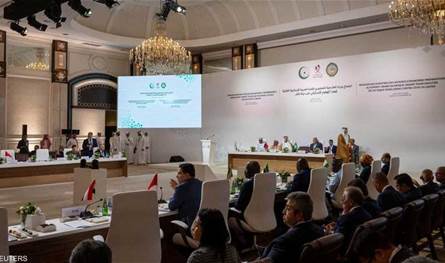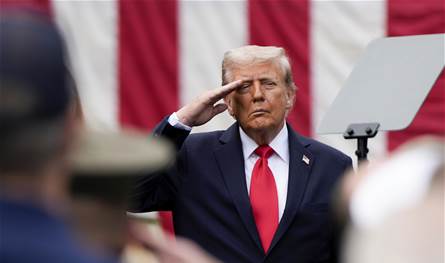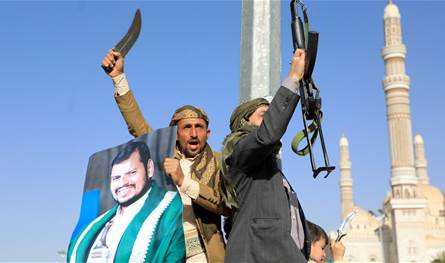The Arab summit is the beginning of the transformation … or formal situations?

The “Arab-Islamic Summit”, which brought together Arab and Muslim leaders, along with representatives of Turkey, Iran and others, carried strong messages on the political and diplomatic levels and showed that the scene no longer tolerates more Israeli abuses that drag the region to a more complex stage.
The Arab discourse at the top, although it remains within the framework of verbal escalation, clearly reflects that there are concrete transformations that pressure the policies adopted by Israeli Prime Minister Benjamin Netanyahu. The Arab capabilities are now seeing that the Israeli abuses are no longer limited to the Palestinian territories or on the traditional squares, but rather extended to a direct targeting of an Arab country, which necessitated the return of wide accounts in the inter -relations between the Arab countries themselves, and with some active Islamic forces such as Turkey and Iran. The meetings that took place on the sidelines of the summit between Arab leaders and their Turkish and Iranian counterparts highlighted an important aspect of this transformation; As coordination between these parties, although it is still in its beginnings, represents an indication that Israel, with its actions, is pushing its historical opponents to find common denominators, even a phased, to confront the challenges imposed by the status quo. It is the strategic dimension that worried Washington and pushed it to disavow any direct relationship with the blow that affected Doha, considering it a purely Israeli blow, as if it is thus trying to contain Arab anger and avoid slipping into a wider diplomatic confrontation. On the other hand, it has become clear that the continuation of the Israeli reality without any fundamental change will push the countries that were printed with Israel in recent years to review their options. This trend appeared, starting with the remarkable decline in the level of security coordination between Egypt and Israel, a coordination that was one of the pillars of border stability in the past years. Besides, a great escalation has emerged at the level of political discourse by the UAE, which if it did not cut its relations with Tel Aviv, but it showed a public discomfort from the recent Israeli policies. Israel, which wanted to devote its power through strikes and attacks, found itself in the face of a more united Arab and Islamic discourse, and emerging alliances may redraw the map of balances in the region. And if this dynamic continues, we may witness a new stage of Arab and Islamic political alignment, in which Israel will be the greatest loser.
The post The Arab summit is the beginning of the transformation … or formal situations? appeared first on 961 tobay Lebanon today.
















